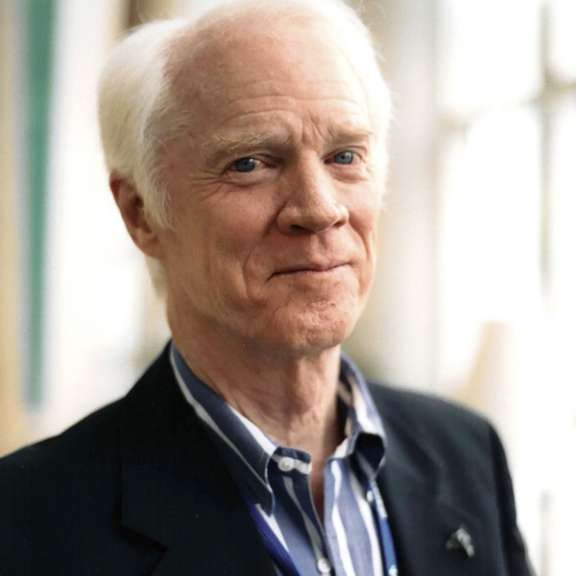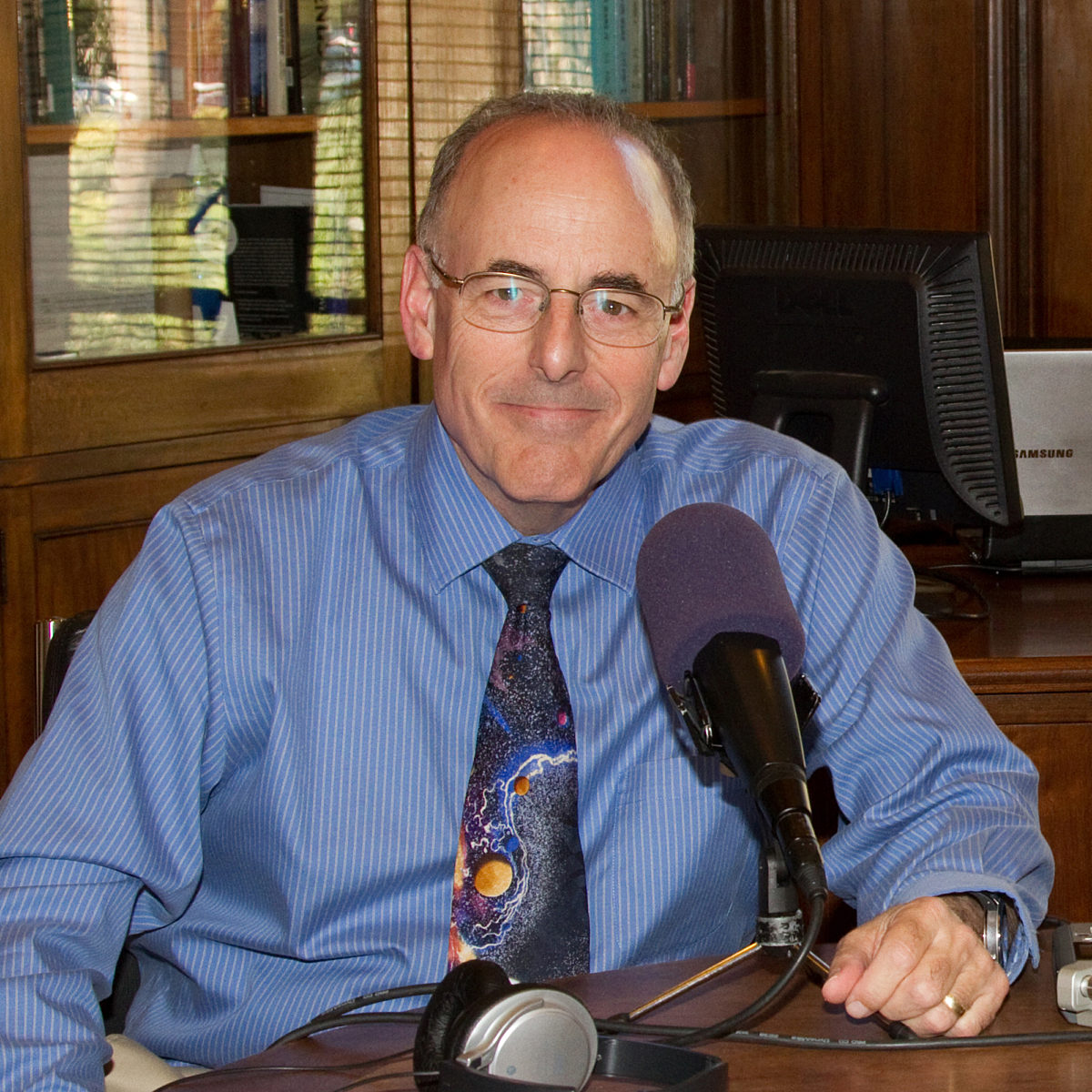All
All
Stories, updates, insights, and original analysis from The Planetary Society.
PlanetVac Moving Forward
Meet the PlanetVac team and learn their general plan and what they are doing now. PlanetVac is a newly started Planetary Society and Honeybee Robotics project to test a pneumatic system to sample planetary surfaces.
PlanetVac Project Underway
The Planetary Society's PlanetVac project with Honeybee Robotics is now fully underway. Here we provide a just released statement by Honeybee, and an introduction to this lab test of a new planetary surface sampling system.
Welcome to new staff
Just a quick post to announce that The Planetary Society's staff is expanding! I am so excited to be able to say that.
Confirmed: NASA Defies the Will of Congress by Raiding Planetary Science Funding [updated]
Despite congressional rejection of massive cuts to Planetary Science this year, NASA has found a way to implement the cuts internally and use the money for other purposes.
Download This One-Page Summary on the Threat to Planetary Science
When we visit Congress, this is what we leave them with. This one page summarizes the entire threat to continued planetary exploration at NASA in the proposed 2014 budget.
One Ocean World Among Many
I'm absolutely floored when I stop to think that our beautiful blue ocean is only one of perhaps a half dozen or more oceans on other worlds in our solar system, and only one of probably millions (or more) oceans on other Earth-like planets in our galaxy. Oceans abound!
Planetary Science Echoes Through the Halls of Congress
The Planetary Society just returned from a big trip to Washington, D.C. to advocate for continued planetary exploration. Here's what happened.
NASA Robs Planetary Science
NASA's leaked operating plan suggests that the agency is raiding money restored to the planetary program this year by Congress.
Saving the Planet can be Exciting!
Planetary Radio for the week of May 6 visits the Planetary Defense Conference one last time to join a
That Asteroid Has a Name: Bennu!
9-year-old Mike Puzio of North Carolina submitted the winning name for the asteroid target of NASA's OSIRIS-REx spacecraft. The Planetary Society, MIT's Lincoln Laboratory, and the University of Arizona asked students around the world to suggest names.
The White House Science Fair and an Earful for Bolden
I meet the future of science in the United States, and I speak directly to NASA Administrator Charles Bolden about my concerns for Planetary Science funding.
Planetary Society Hangout: Naming Bennu, with Mike Puzio and Dante Lauretta
In this week's Hangout, Emily Lakdawalla hosted Mike Puzio and Dante Lauretta in a discussion about the naming of OSIRIS-REx' asteroid target.
We have a winner! The OSIRIS-REx asteroid's name is: Bennu!
We received more than 8000 entries from all over the world in the Name That Asteroid contest, and we can finally announce the winner. The asteroid formerly known as 1999 RQ36 is now formally named (101955) Bennu, for a heron associated with the Egyptian god Osiris.
Further Analysis of NASA's 2014 Budget Proposal
Now that groups and individuals have had time to digest the proposed 2014 NASA Planetary Science budget, they are highlighting the impacts of the proposed cuts. We are also getting the first independent reactions to the proposal to bring an asteroid to lunar orbit as a target for human exploration.
Cutting NASA's Education and Public Outreach Efforts Now Is Short-sighted and Counterproductive
Lars Perkins, Chairman of NAC's Education Committee, writes a defense of NASA's Education and Outreach efforts, currently facing a major cut and restructuring in 2014.
CEO Bill Nye Joins NASA Advisory Council on Education and Public Outreach
Planetary Society CEO, Bill Nye, just joined the NASA Advisory Council for Education.
House NASA Budget Hearing Live-blog
Live blog of comments and analysis from the House Science Committee's hearing on NASA's 2014 Budget.
The 2013 Gene Shoemaker NEO Grant Recipients
In 2013, The Planetary Society awarded $34,307 as part of its Gene Shoemaker Near Earth Object (NEO) Grant Program. The grants were made to a group of international researchers to find, track, and characterize potentially hazardous NEOs.
Name that Asteroid! Finalists and Semifinalists
Semifinalists ranged in age from 5 to 17 and came from the USA, Brazil, France, India, Italy, the Netherlands, and Turkey.
An Amazing Evening for Planetary Defense
Bill Nye, Bruce Betts, Mat Kaplan, Meteorite Man Geoffrey Notkin and stars of planetary science at the Planetary Defense Conference public event in Flagstaff.


 Explore Worlds
Explore Worlds Find Life
Find Life Defend Earth
Defend Earth


 Sun
Sun Mercury
Mercury Venus
Venus Earth
Earth Mars
Mars Jupiter
Jupiter Saturn
Saturn Uranus
Uranus Neptune
Neptune Small Bodies
Small Bodies













